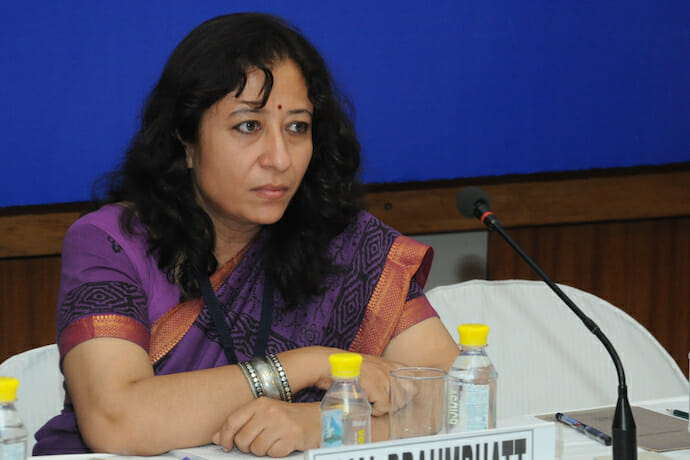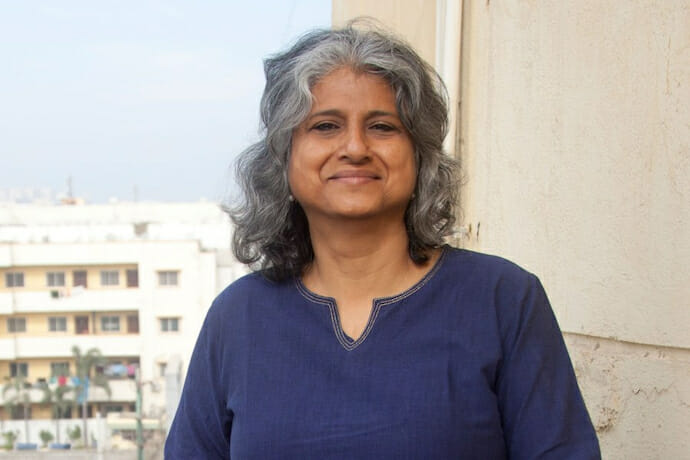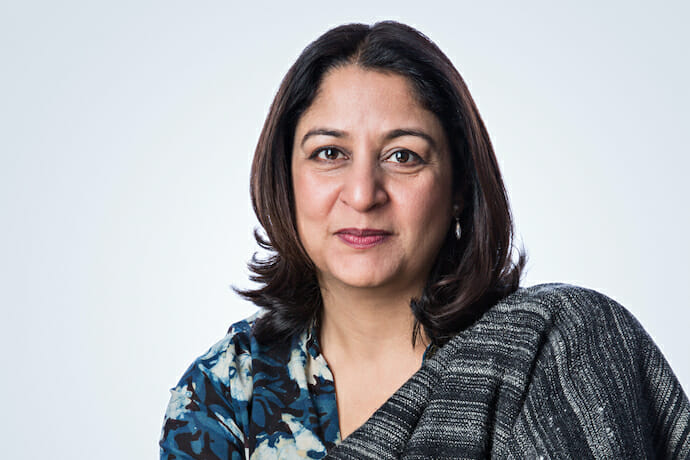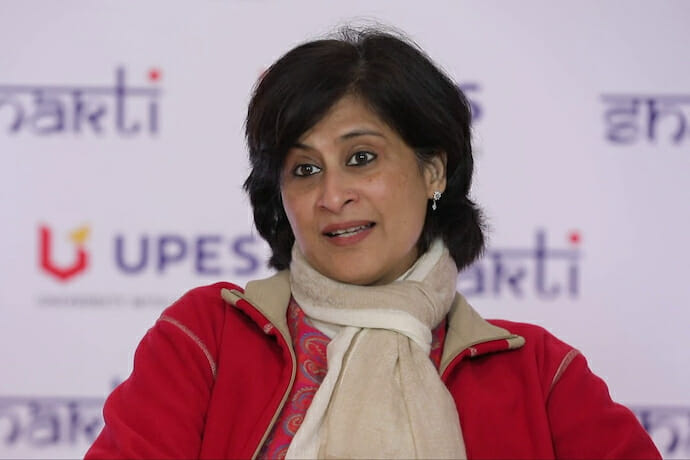The Platform
Latest Articles
by Wonderful Adegoke
by Abdul Mussawer Safi
by Mohammad Ibrahim Fheili
by James Carlini
by Mohammad Ibrahim Fheili
by Abidemi Alade
by Sheiknor Qassim
by Theo Casablanca
by Vince Hooper
by Wonderful Adegoke
by Abdul Mussawer Safi
by Mohammad Ibrahim Fheili
by James Carlini
by Mohammad Ibrahim Fheili
by Abidemi Alade
by Sheiknor Qassim
by Theo Casablanca
by Vince Hooper
5 Women NGO Leaders Doing Phenomenal COVID-Relief Work
The pandemic has made it worse for NGOs trying to cope with various issues, testing their bank balances, morale, and health of frontline workers, trying to support people affected by the pandemic, and at the same time trying to find a balance to do their regular developmental work as well. The pandemic has made it clear why governments and NGOs must work together, for the greater benefit of the people.
Women in the development sector have it harder, even more so now. They often have to either choose between domestic life or professional life or try to strike a balance between the two. Gaining access to spaces dominated by men, funds and visibility are other major challenges women face in any field, especially this.
Despite these challenges, here’s a curated list of “unsung heroes” who continue to do their work without flinching.
Bijal Brahmbhatt

Bijal Brahmbhatt is the Director of the Ahmedabad-based, Mahila Housing SEWA Trust (MHT). Since 1994, the trust has been organizing and empowering women from underprivileged communities that lack water, sanitation, electricity, and climate resilience.
During the 1st wave of the pandemic, MHT reached over 1 million people. “And there’s more work to be done in terms of scaling, sustainability, and bridging the digital gap,” Bijal says.
Awarded by the UN and several other foundations, MHT focuses on housing, urban habitat, climate change resilience, and participatory governance for the urban poor. MHT continues to raise funds to provide vaccinations, healthcare, food ration kits, etc., to the urban poor.
Neelam Chhiber

Neelam Chhiber is the co-founder and Managing Trustee of the Industree Foundation. Since 2000, Industree has impacted over 30,000 women artisans in India and Africa, transforming them into micro-entrepreneurs. Industree helps them develop production units, access modern markets, and create sustainable businesses.
Industree’s approach has tripled the incomes of non-farm artisans over the years and has provided an opportunity for women to earn higher than they would have, in safer workplaces and enhanced their ability to cope with life.
Industree’s pandemic response has been to protect existing artisans and communities, provide relief kits, raise funds to sustain businesses, and provide insurance, and cash relief for women. Industree aims to rebuild the lives of thousands of women artisans and provide survival kits as part of their #CoLive initiative to several indigenous communities across India.
Safeena Husain

“I once met an out-of-school girl and asked her ‘What do you want to be?’ to which she replied, ‘Nobody has ever asked me this question so I have never thought about it.’ The same girl is now enrolled in school by Educate Girls and today she aspires to be a police officer! This is the power of education,” said Safeena Husain, founder of Educate Girls, a non-profit organization that is based in Mumbai, India.
Husain’s work has been recognized by several governmental and international organizations, and it has partnered with the Indian government, several corporate giants, and the United Nations.
Educate Girls is a non-profit organization that works towards ensuring that children in India have access to quality education, especially girls in rural India. Educate Girls functions in over 18,000 villages and has enrolled over 380,000 girls. Educate Girls’ goal is to improve access to over 15 million children by 2024. Husain’s most recent award was by NITI Aayog in 2017.
Camp Vidya, the Educate Girls pandemic learning initiative, has reached children in 11,165 villages, along with providing ration and safety kits to communities and frontline workers and reducing vaccine hesitancy during the pandemic.
Meenakshi Gupta

Meenakshi Gupta, along with her husband, Anshu Gupta, is the co-founder of Goonj. Established in 1999, Goonj aims to alleviate poverty through various initiatives to ensure the downtrodden live a safe and dignified life.
Gupta joined the organization full-time in 2005, dedicating her life to giving a voice to the often ignored, especially women in rural regions. Focusing on issues of environmental preservation, menstrual hygiene, access to clean water, disaster impact reduction and relief, infrastructure, sanitation, and education, Goonj brings much-needed resources to underprivileged communities and connects rural and urban communities to improve their livelihoods.
Through the work of Goonj, 10,000 tons of rations and meals have been delivered to 1 million people. Goonj’s current initiative aims to provide food, shelter, masks, pads, and medical interventions by working with over 550 organizations across India.
Ruchira Gupta

Ruchira Gupta is the co-founder of Apne Aap, a non-governmental organization. Gupta is a social justice activist, feminist campaigner, and journalist. Gupta founded Apne Aap along with 22 other women with a dream where no woman in the world would be trafficked.
Gupta’s work in the social sector has led to the creation of various gender-sensitive interventions to curb intergenerational prostitution and trafficking across several north Indian states. Gupta has been on several governmental and intergovernmental panels including the Planning Commission and has addressed the UN General Assembly. Gupta has been awarded several awards and prizes including an Emmy for her documentary, The Selling of Innocents.
Apne Aap’s #1MillionMeals pandemic initiative has been guaranteeing access to food, sanitary pads, medicine, much-needed oxygen, safe housing, computers, and WiFi to children. So far, Apne Aap has reached out to over 57,000 families in red-light areas, slums, and refugee camps.
When women are invested in their communities, they re-invest about 90% back into their communities. These women leaders spearhead some leading NGOs who work in many areas including women’s empowerment, child rehabilitation, poverty, education, domestic violence, community development, rural and urban development, awareness and advocacy of rights, and so on, across India. These and other women leaders have greatly improved the lives of countless Indians.
Rachel Biju is a freelance writer and full-time reader, who writes to measure the temperature of the times.